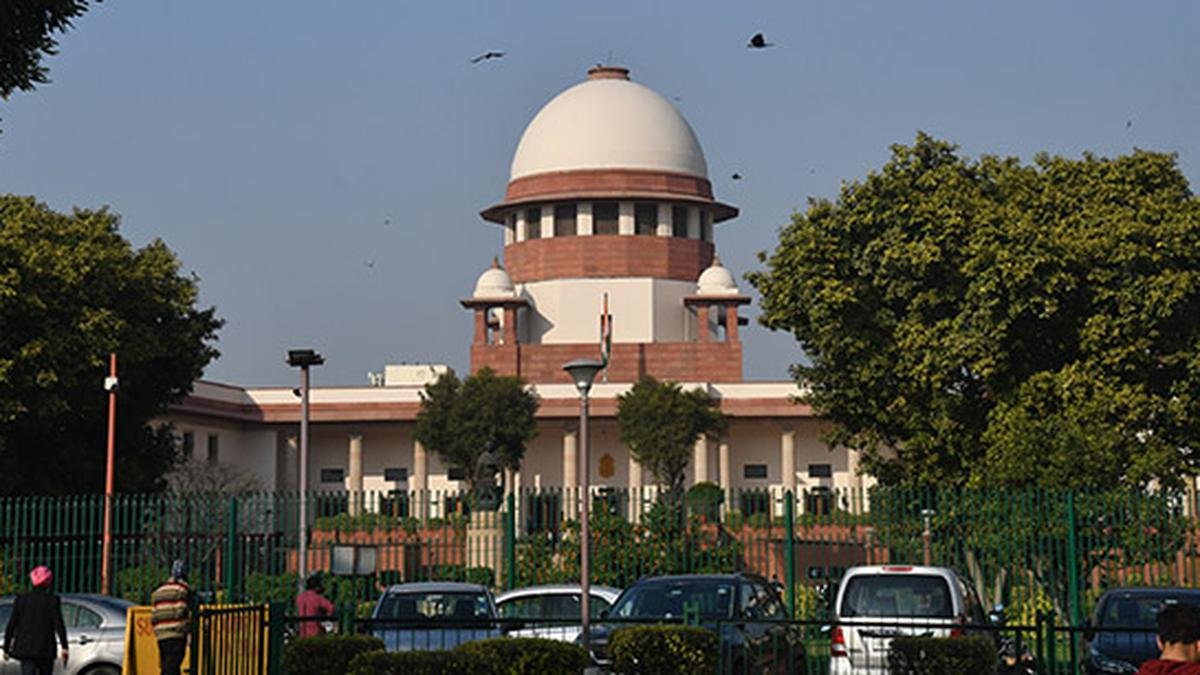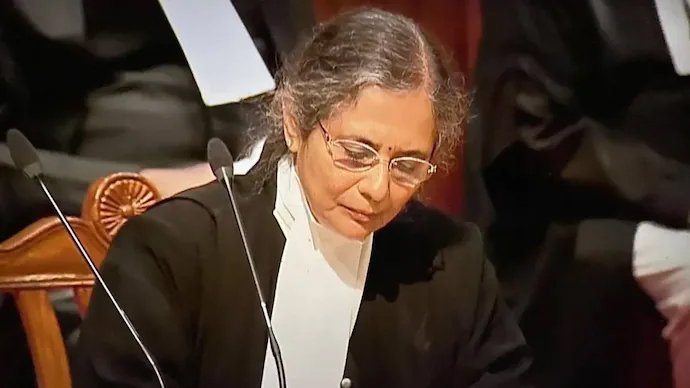New Delhi, Nov 8 (PTI): The Supreme Court acquitted three men sentenced to death for the gangrape and murder of a 19-year-old woman in Delhi’s Chhawla area in 2012, noting the prosecution failed to provide leading, cogent, clinching and clear evidence, including those related to DNA profiling and call detail records (CDRs), against the accused.
The three men were accused of abducting, gangraping and brutally killing the woman in February 2012. Her mutilated body was found three days after she was abducted.
A bench of Chief Justice U U Lalit and Justices S Ravindra Bhat and Bela M Trivedi acquitted the convicts in a 40-page order passed on Monday.
“The evidence with regard to the arrest of the accused, their identification, discoveries and recoveries of the incriminating articles, identity of the car, the seizures and sealing of the articles and collection of samples, the medical and scientific evidence, the report of DNA profiling, the evidence with regard to the CDRs etc. were not proved by the prosecution by leading, cogent, clinching and clear evidence much less unerringly pointing the guilt of the accused,” the bench said.
It said that the possibility of tampering with the samples collected also could not be ruled out.
“The prosecution has to bring home the charges levelled against them beyond reasonable doubt, which the prosecution has failed to do in the instant case, resultantly, the court is left with no alternative but to acquit the accused, though involved in a very heinous crime,” it said.
It may be true that if the accused involved in the heinous crime go unpunished or are acquitted, a kind of agony and frustration may be caused to the society in general and to the family of the victim in particular, however the law does not permit the courts to punish the accused on the basis of moral conviction or on suspicion alone, the bench said.
“The court is constrained to make these observations as the court has noticed many glaring lapses having occurred during the course of the trial. It has been noticed from the record that out of the witnesses examined by the prosecution, 10 material witnesses were not cross-examined and many other important witnesses were not adequately cross-examined by the defence counsel. It may be reminded that Section 165 of the Indian Evidence Act confers unbridled powers upon the trial courts to put any question at any stage to the witnesses to elicit the truth,” it said.
The bench added, “In the instant case, material witnesses examined by the prosecution having not been either cross-examined or adequately examined, and the trial court also having acted as a passive umpire, we find that the accused were deprived of their rights to have a fair trial, apart from the fact that the truth also could not be elicited by the trial court… The accused are acquitted from the charges levelled against them by giving them a benefit of doubt.”
The bench, however, said that family members of the victim would be entitled to the compensation even though the accused have been acquitted.
In 2014, a trial court awarded death penalty to the three accused, terming the case “rarest-of-rare”.
The judgment was later upheld by the Delhi High Court.
According to the prosecution, the woman worked in Gurgaon’s Cyber City area and belonged to Uttarakhand. She was returning from her workplace and was near her home when the three men abducted her in a car.
When she didn’t return home, her parents lodged a missing person report, the prosecution said, adding that the woman’s mutilated and decomposing body was found in a village in Rewari, Haryana.
The police found multiple injuries on the woman’s body. Further investigation and autopsy revealed she was attacked with car tools, glass bottles, metal objects, and other weapons. She was also raped, they said.
Police arrested the three men involved in the crime and said one of the accused allegedly took revenge after the woman turned down his proposal.







